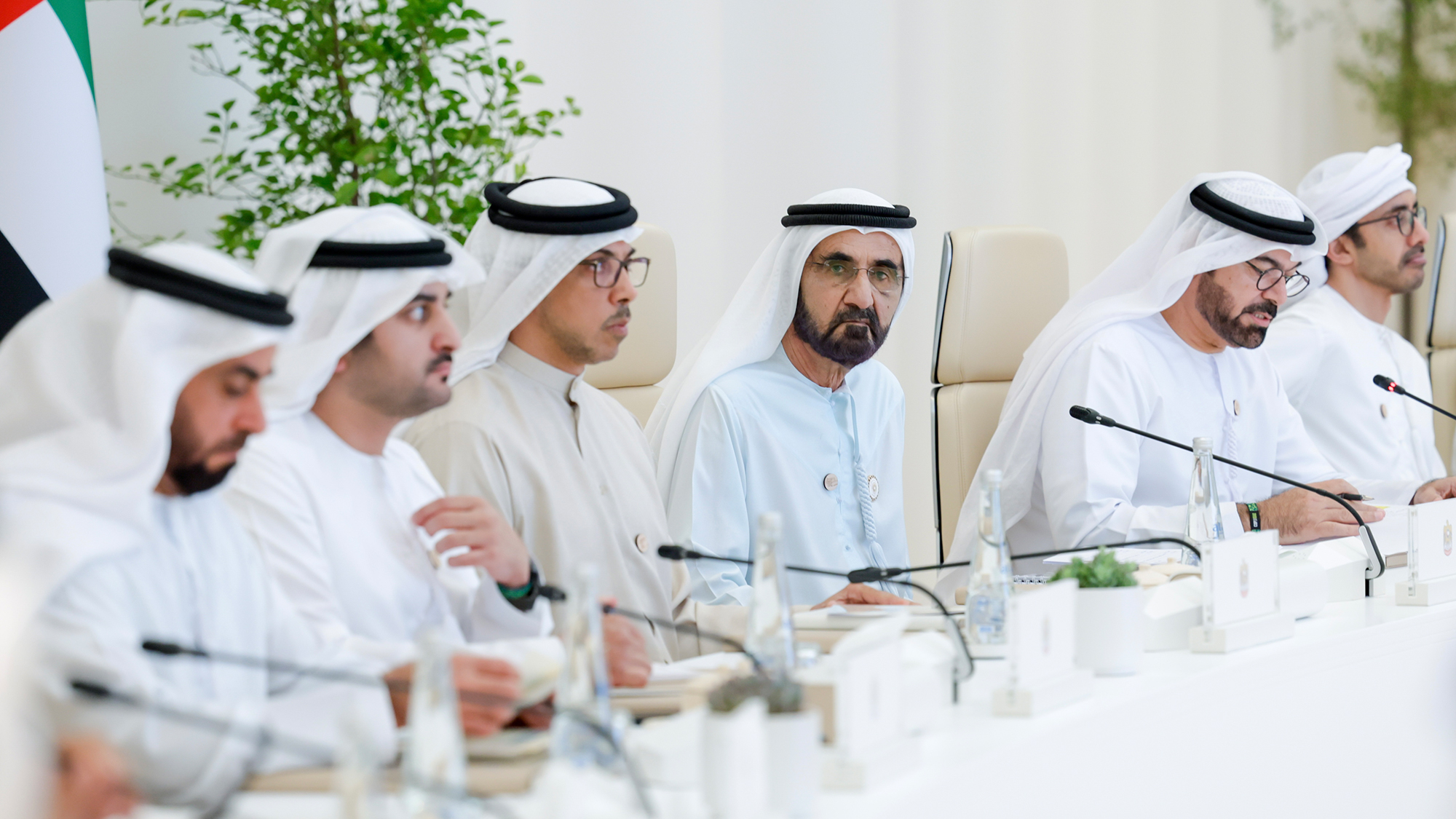In the corridors of global finance, quiet capital often speaks the loudest. Today, that capital flows from the Middle East, where sovereign wealth funds (SWFs) command trillions of dollars in assets, reshaping the very architecture of international business.
From Abu Dhabi’s Mubadala to Saudi Arabia’s Public Investment Fund, these institutions have transformed into strategic engines of influence. No longer confined to passive investments in Western equities, they now seek active stakes in technology, infrastructure, renewable energy, and luxury assets. Their moves are deliberate, long-term, and infused with geopolitical strategy.
The motivation is clear: diversification. Oil wealth, while vast, is finite. By investing in Silicon Valley startups, European luxury brands, African infrastructure, and Asian logistics, Middle Eastern funds are building bridges that extend far beyond petroleum. In doing so, they are embedding their nations at the heart of global commerce.
Their influence is not only financial but also diplomatic. A well-placed investment in a major U.S. tech company or a European football club extends soft power as much as it generates returns. This blend of money and strategy ensures that Gulf capitals such as Riyadh, Doha, and Abu Dhabi are no longer just oil exporters, but global financial command centers.
The silent hand of sovereign wealth is shifting balance sheets, but also geopolitics. The next decade will be defined by how these funds deploy capital—not as mere investors, but as architects of a new global order.



